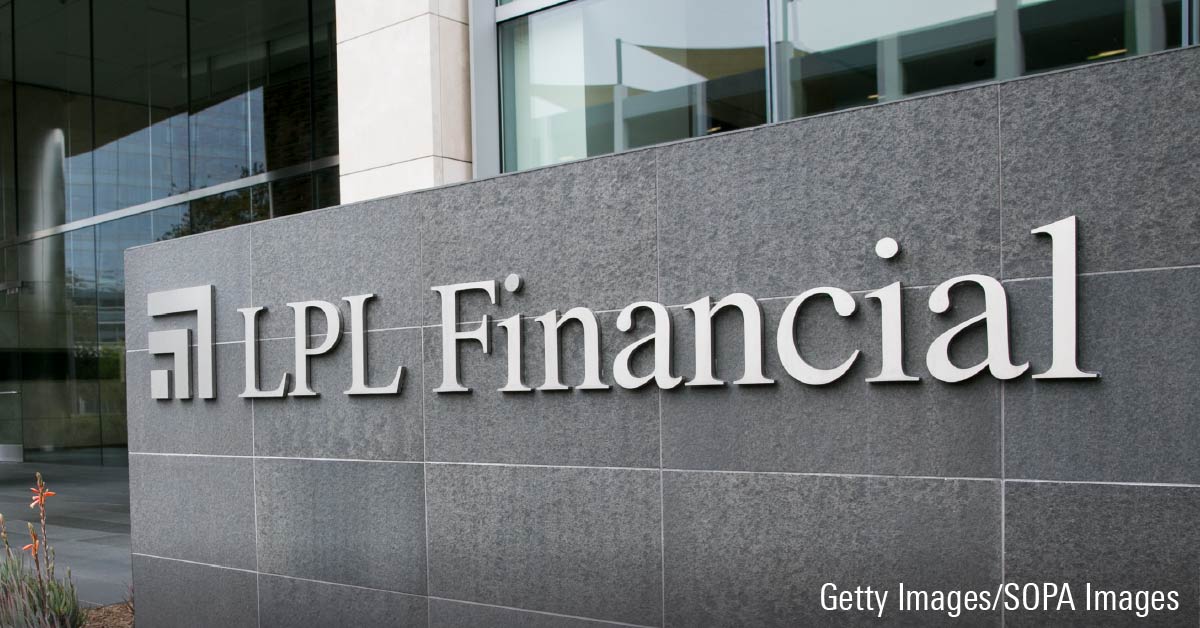Wealth Management Firms and Investment Banks Meaningfully Differ From Silicon Valley Bank

Most of the issues that affected Silicon Valley Bank don’t apply to the wealth management firms and investment banks that we cover, so we don’t plan to make material changes to our fair value estimates or Morningstar Economic Moat Ratings for Morgan Stanley, Goldman Sachs, Ameriprise Financial, Raymond James Financial, LPL Financial LPLA, Stifel Financial, Evercore Group, or Lazard.
The main reason for the collapse of Silicon Valley Bank is that it didn’t have enough liquid assets to satisfy deposit withdrawals from clients. Silicon Valley Bank’s customers were disproportionately weighted to unprofitable startup companies that caused a decrease in the bank’s deposits in every quarter since the start of 2022. A confluence of events, including a credit downgrade and sale of fixed income securities at a loss, ignited a crisis of confidence that engulfed the bank.
We believe it would be difficult to have a “run on the bank” for wealth management firms. The banks associated with wealth management firms have accounts primarily with individuals and not companies, so most deposit balances are covered by the Federal Deposit Insurance Corporation. Of the deposits of most of the wealth management firms we cover, 70% to over 80% are covered by the FDIC, compared with less than 20% at Silicon Valley. It would also be difficult for financial advisors to quickly transfer their business and client assets to another firm, as they would have to find a firm that’s a good fit for them and convince their clients to move, which could take weeks or months.
Most of the securities of investment banks are classified as “trading securities” that are often “mark-to-market” prices. This means that a relatively small portion of securities are classified as “available for sale” with unrealized losses, which was a feature of Silicon Valley Bank’s balance sheet.
The author or authors do not own shares in any securities mentioned in this article. Find out about Morningstar’s editorial policies.

/s3.amazonaws.com/arc-authors/morningstar/75bbf764-3b6f-4f5a-8675-8f9488c74c04.jpg)
/cloudfront-us-east-1.images.arcpublishing.com/morningstar/TP6GAISC4JE65KVOI3YEE34HGU.jpg)
/cloudfront-us-east-1.images.arcpublishing.com/morningstar/RFJBWBYYTARXBNOTU6VL4VSE4Q.png)
/cloudfront-us-east-1.images.arcpublishing.com/morningstar/YQGRDUDPP5HGHPGKP7VCZ7EQ4E.jpg)
:quality(80)/s3.amazonaws.com/arc-authors/morningstar/75bbf764-3b6f-4f5a-8675-8f9488c74c04.jpg)